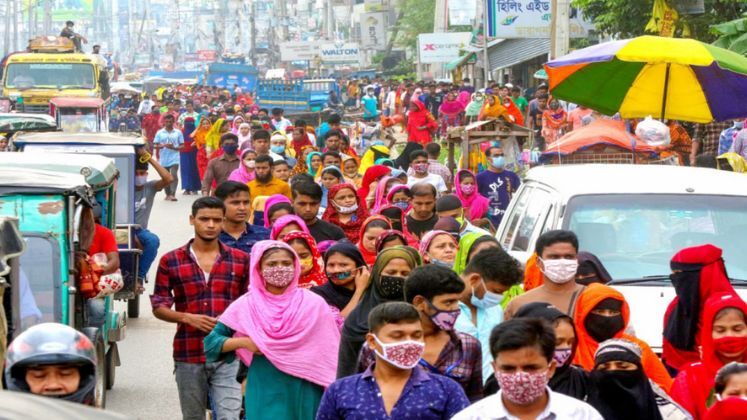
The Clean Clothes Campaign (CCC) has called on major fashion labels, such as Zara and H&M, to take action to protect the fundamental rights of garment workers in Bangladesh.
A year after security forces and employers violently suppressed workers who demanded higher wages, the CCC said in a recent statement that about 40,000 people are still in danger of being arrested on repressive legal charges brought against them through irrational arrest warrants.
In retaliation, activists, advocates, and trade union leaders have started a global movement denouncing these big brands’ lack of responsibility and demanding that 36 lawsuits against demonstrators and worker organisations be dropped.
“Brands like Zara and H&M need to make sure that workers and their representatives aren’t intimidated by accusations against anonymous protestors,” said Anne Bienias, a lead campaigner for the CCC, highlighting the duty of fashion firms. She also emphasised the brands’ unwillingness to embrace union-backed wage demands in the face of severe poverty, contending that their passivity exposes the people who stand to gain from the status quo.
For the past year, the CCC has been applying pressure on 45 fashion brands that have been connected to suppliers in the lawsuits against Bangladeshi garment workers in order to get these accusations dropped. After a year, not a single lawsuit has been settled, even though several brands took the first steps to address the problem.
H&M, Zara, Next, Matalan, Levi’s, Bestseller, and other brands linked to the outstanding warrants will be highlighted on a new action tracker that the CCC is establishing in an effort to improve accountability and transparency. The intention is to expose the industry’s collusion and motivate companies to work with suppliers to have the accusations dropped.
The anniversary of last year’s protests in Bangladesh, where workers protesting the outcome of minimum wage negotiations were forcefully suppressed by police and military forces, falls on the same day as this concerted campaign. Four workers were killed, hundreds were injured, and 131 people were arrested as a result of the crackdown.






